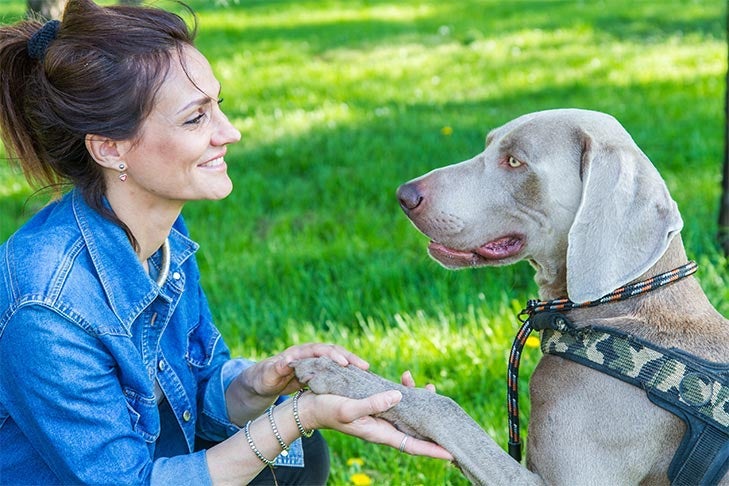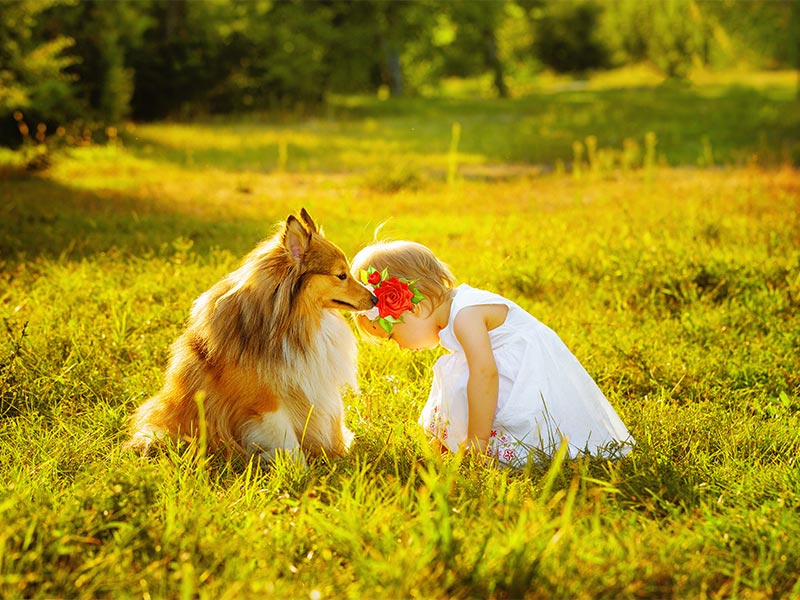
Admit it: you’ve used baby talk to communicate with your dog. The exaggerated intonation and hyper-articulation of vowels is thought to help human infants learn language and bond socially. But dogs aren’t going to start speaking anytime soon, so . . . what’s the point?
Well, a recent study published in “Animal Cognition” last month, found that dogs actually respond well to baby talk.
Researchers at the University of York in the United Kingdom tested two different types of speech on dogs. One type was a normal, conversational tone you’d use when speaking to another adult, with subject matter pertaining to human-oriented topics. The other was what researchers called “dog-directed speech,” using exaggerated intonation when talking about dog-relevant subjects, like treats and walks.
To make sure the speech being tested was consistent, recordings were used. Two experimenters sat with speakers in their laps that played recordings of their own voices. A leashed dog was brought into the room, and researchers measured how much time he spent looking at each person while the speech was being played. After the recording ended, the dog was allowed off leash, and the time spent with each person was measured. Researchers found that dogs spent more time looking at the person who spoke in baby talk, as well as more time sitting with that individual once the recordings were over.

A second experiment was conducted to determine whether the choice of dog-related topics was the only factor keeping the canines’ attention. Dogs once again heard recordings, but this time the intonation and subject matter were inconsistent. In one recording, the baby talk was paired with human topics. In the other recording, normal conversational intonation was used to discuss walks and treats. In this experiment, the dogs had no preference, showing that the combination of baby talk and dog-relevant subject matter was needed to keep their attention.
One question that remains to be answered is whether the preference is entirely learned or has an innate component. It’s possible that puppies are born with a preference for high-pitched sounds, but they could also have a learned association with baby talk, seeing that it’s often used in positive situations, like when attention and treats are given. Previous research found a preference for baby talk in puppies as young as 2 months old.
Past studies have also shown that we don’t actually talk to dogs in the same way we talk to babies. While both kinds of speech have similar pitch and intonation, dog-directed speech lacks the vowel exaggeration we use with human infants. So, rather than being a silly habit, the slightly different ways in which we talk to babies and animals are quite sophisticated. We have an unconscious ability to match our speech to the potential language abilities of the listener. Just another reason to baby talk to your dog with confidence.

